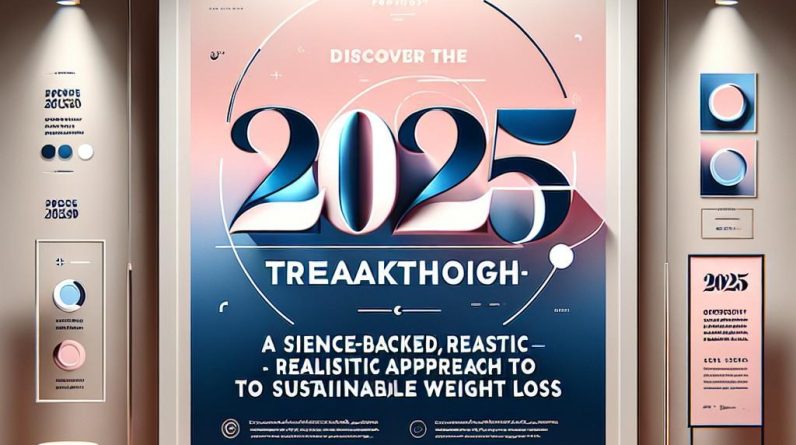
As we approach 2025, the landscape of weight loss and health management continues to evolve rapidly. Technological advancements, scientific breakthroughs, and shifting wellness paradigms are driving innovative approaches that are transforming how individuals approach their health journeys. Here,we explore the top trends shaping the future of weight loss in 2025.
1. Personalized Nutrition and AI-Driven Diet Plans
Artificial Intelligence (AI) is revolutionizing personalized health by analyzing genetics, microbiome data, activity levels, and food preferences.Customized diet plans are becoming more accurate, promoting enduring weight management tailored to individual biological profiles.These AI platforms continuously adapt advice based on progress, ensuring users stay on track.
2. Non-Invasive Fat Reduction Technologies
Advancements in non-invasive procedures such as cryolipolysis, radiofrequency, and ultrasound therapies are providing effective alternatives to conventional liposuction. These treatments are safer, more comfortable, and require minimal downtime, making body contouring more accessible for everyday users.
3. Digital health Ecosystems and Wearable Tech
Seamless integration of wearable devices and health apps is creating extensive digital ecosystems. These tools monitor activity, sleep, hydration, and calorie intake in real time, providing actionable insights and motivation. Gamification elements also improve user engagement and consistency.
4. Gut Microbiome Modulation
Emerging research highlights the role of gut health in weight management. Probiotics, prebiotics, and targeted dietary interventions are being developed to optimize gut microbiota, potentially leading to improved metabolism and appetite regulation.
5. Virtual Reality (VR) for Behavior Change
Virtual reality is now used to simulate real-life scenarios, helping users develop healthier habits and overcome emotional eating. VR-based coaching and immersive experiences enhance motivation and lifestyle modifications in engaging ways.
6. Biohacking and Integrative approaches
Biohacking techniques, such as intermittent fasting, neurofeedback, and supplementation with nootropics, are gaining popularity. These methods aim to optimize physical and mental performance, supporting sustainable weight management alongside traditional fitness routines.
Conclusion
The future of weight loss is vibrant with innovation, driven by scientific insights and technological progress. As these emerging trends become more accessible, individuals will have a plethora of personalized and minimally invasive options to achieve their health goals in 2025 and beyond.





